If you want to know what you'll find next year in the lettuce and salads shelf of your supermarket, you only need to visit the research and experimentation centers of the main national and international seed houses present in the Region of Murcia.
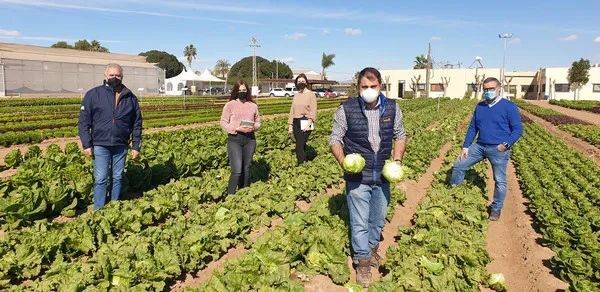
The Region brings together the best when it comes to global research on new leafy vegetable varieties, including lettuce, endive, spinach, celery and brassicas. These are highly demanded vegetables in Spain and Europe, either for fresh consumption, as ready-to-eat washed and cut salads, or processed (juices and smoothies; frozen or canned vegetables).
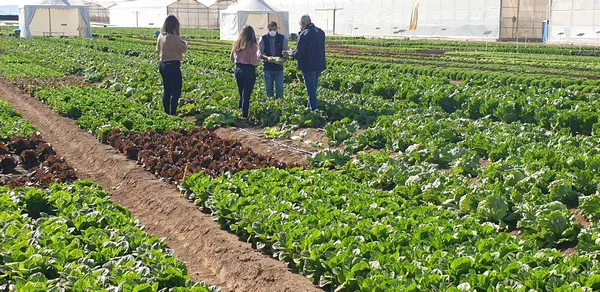
Why innovate?
Javier Soto, president of the lettuce and leafy vegetable producers of the Murcian horticultural association Proexport, is certain about why Spanish companies need to innovate with their vegetables. “Consumers seek products and varieties with given flavors, nutritional properties, textures, shapes and attractive colors, but the really difficult part is to combine all that with what growers and companies need in the field: productivity, sustainability, resistance to pests and diseases, adaptation to the climate of the area, ease of mechanical harvesting, homogeneity. We need natural biotechnological developments; that is, improved seeds to help us achieve that.”
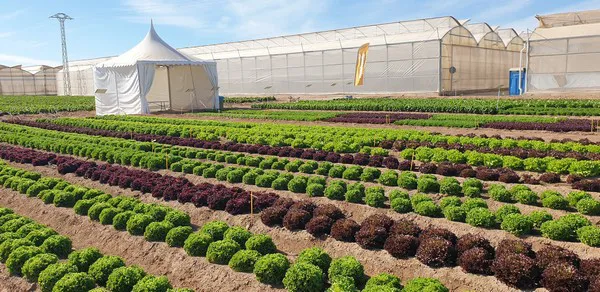
With every campaign, seed houses and producers collaborate and invest large sums of money to continue innovating. Soto encourages the Spanish sector to continue doing this in the future, but warns that “although innovation is in our DNA, the low prices paid by some distributors could threaten this valuable R&D&I. Innovations are very expensive and they help boost the distributor's sales. We should not accept prices that do not cover this investment.”
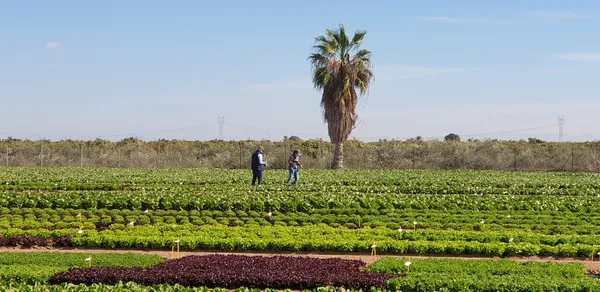
Campo de Cartagena has many experimental farms
Ramiro Arnedo, Meridiem Seeds, Bejo, BASF, Rijk Zwaan, Vilmorín, Syngenta and HM. Clause are the main Spanish and international seed houses that are opening their research farms from February 15 to 19, only for professionals and under strict prevention measures against COVID-19. Those visits include practical demonstrations for the production and distribution sector, combining face-to-face sessions with a digital version.
Proexport companies have been scheduling visits from their technicians since the previous week, as the high temperatures have given a boost to the development of the productions.
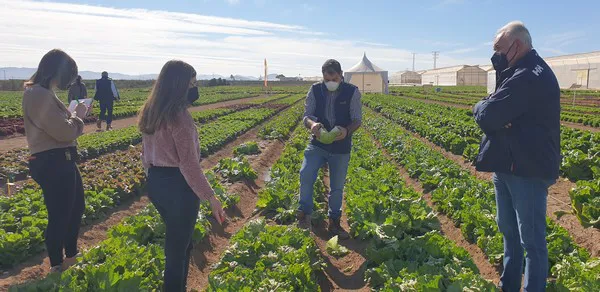 Photos provided by Proexport: Experimental lettuce farm run by Nunhems-BASF in La Palma, Cartagena, during the visit of technicians and agricultural producers from producing companies last Friday
Photos provided by Proexport: Experimental lettuce farm run by Nunhems-BASF in La Palma, Cartagena, during the visit of technicians and agricultural producers from producing companies last Friday
 For more information:
For more information:
PROEXPORT
www.proexport.es
